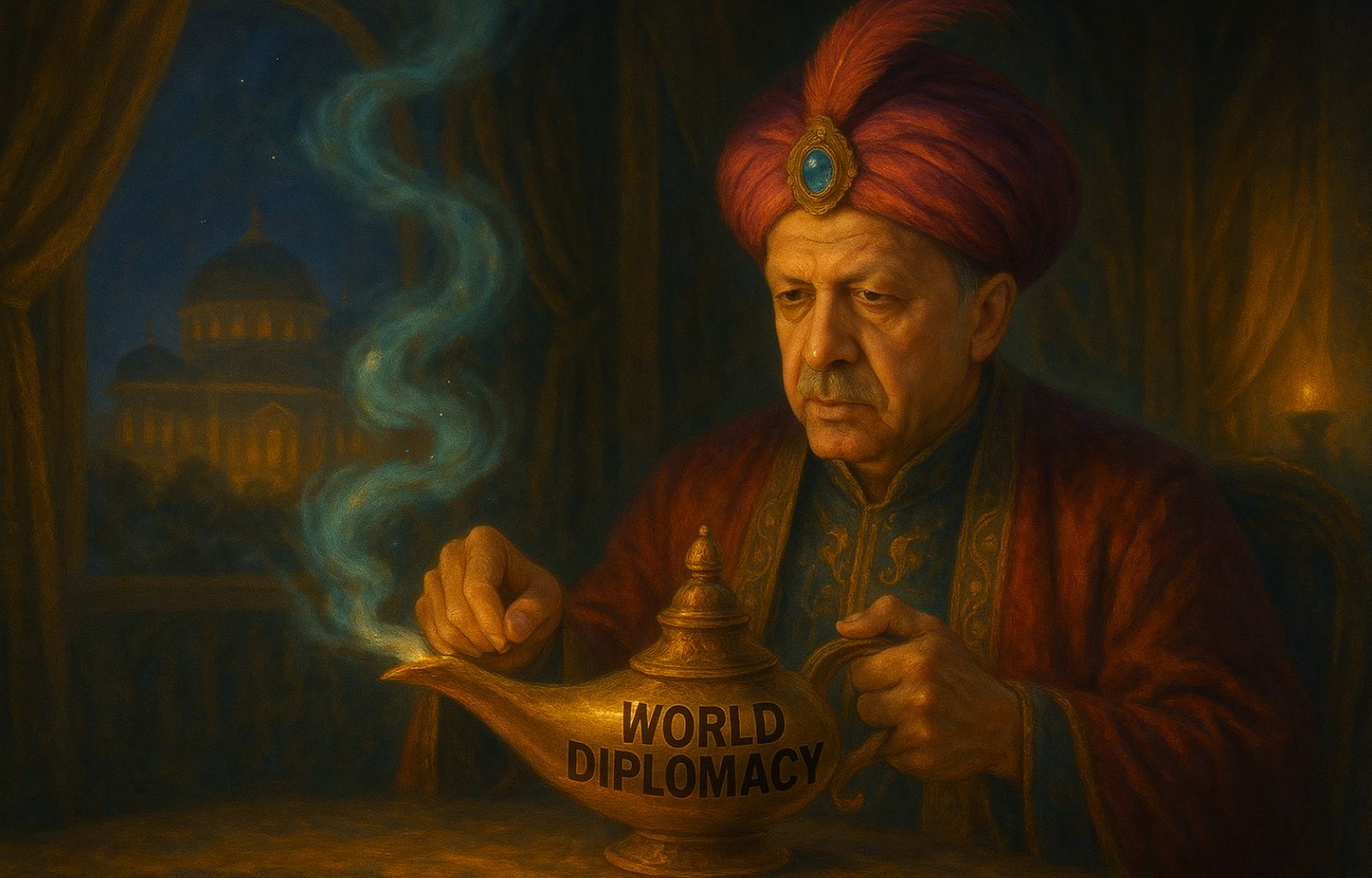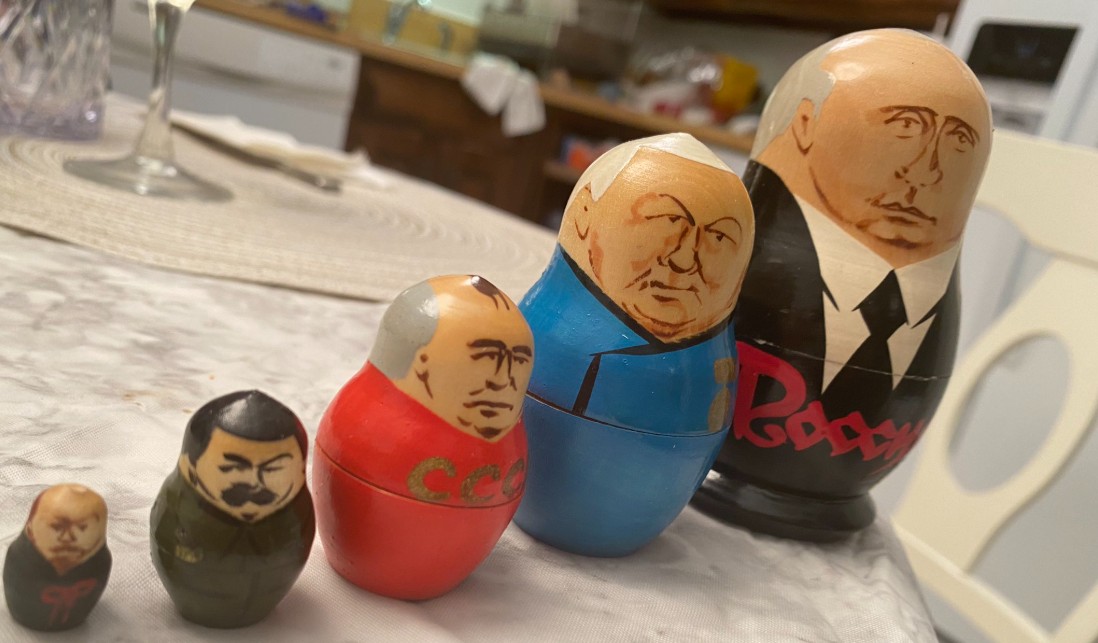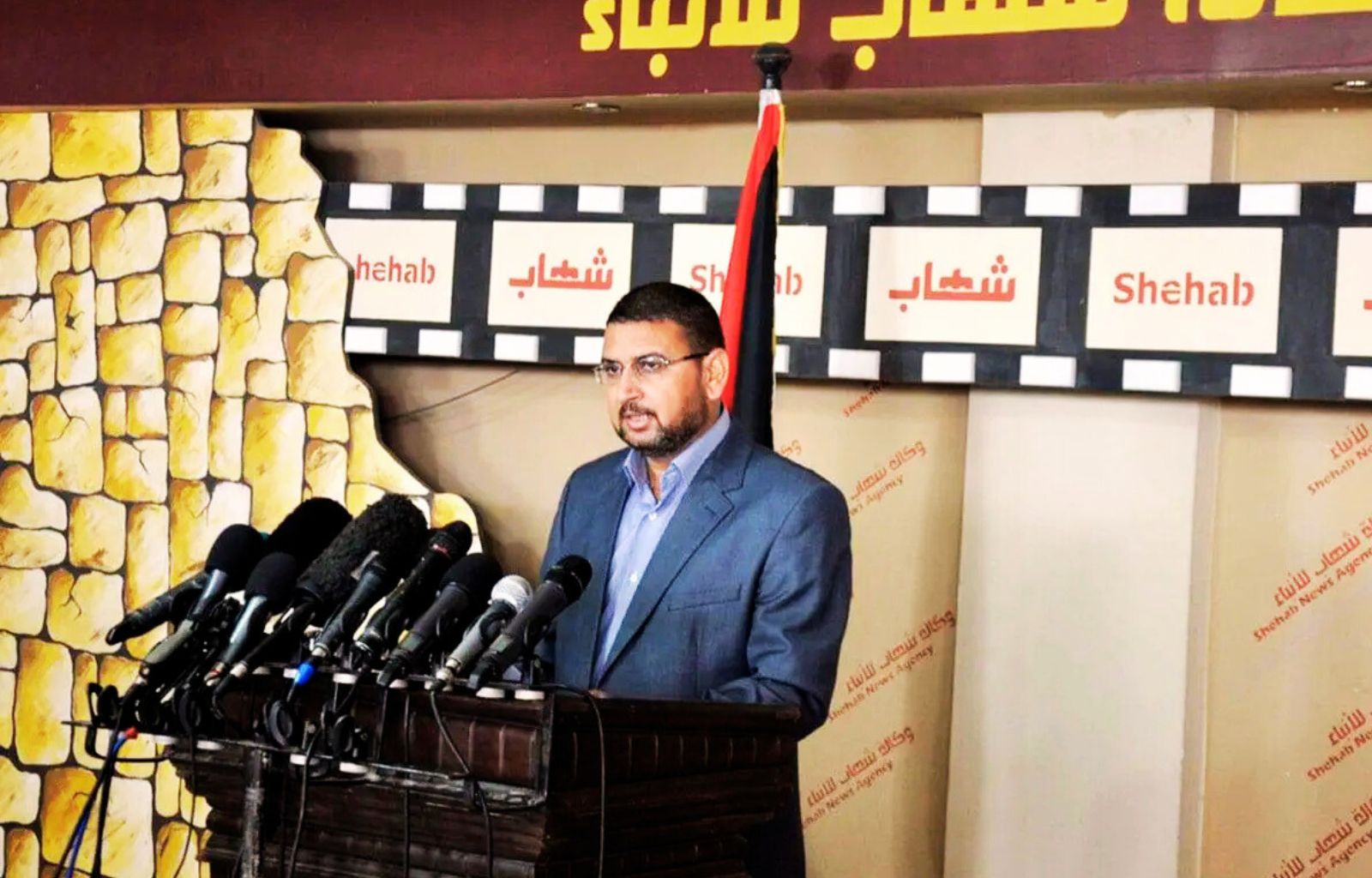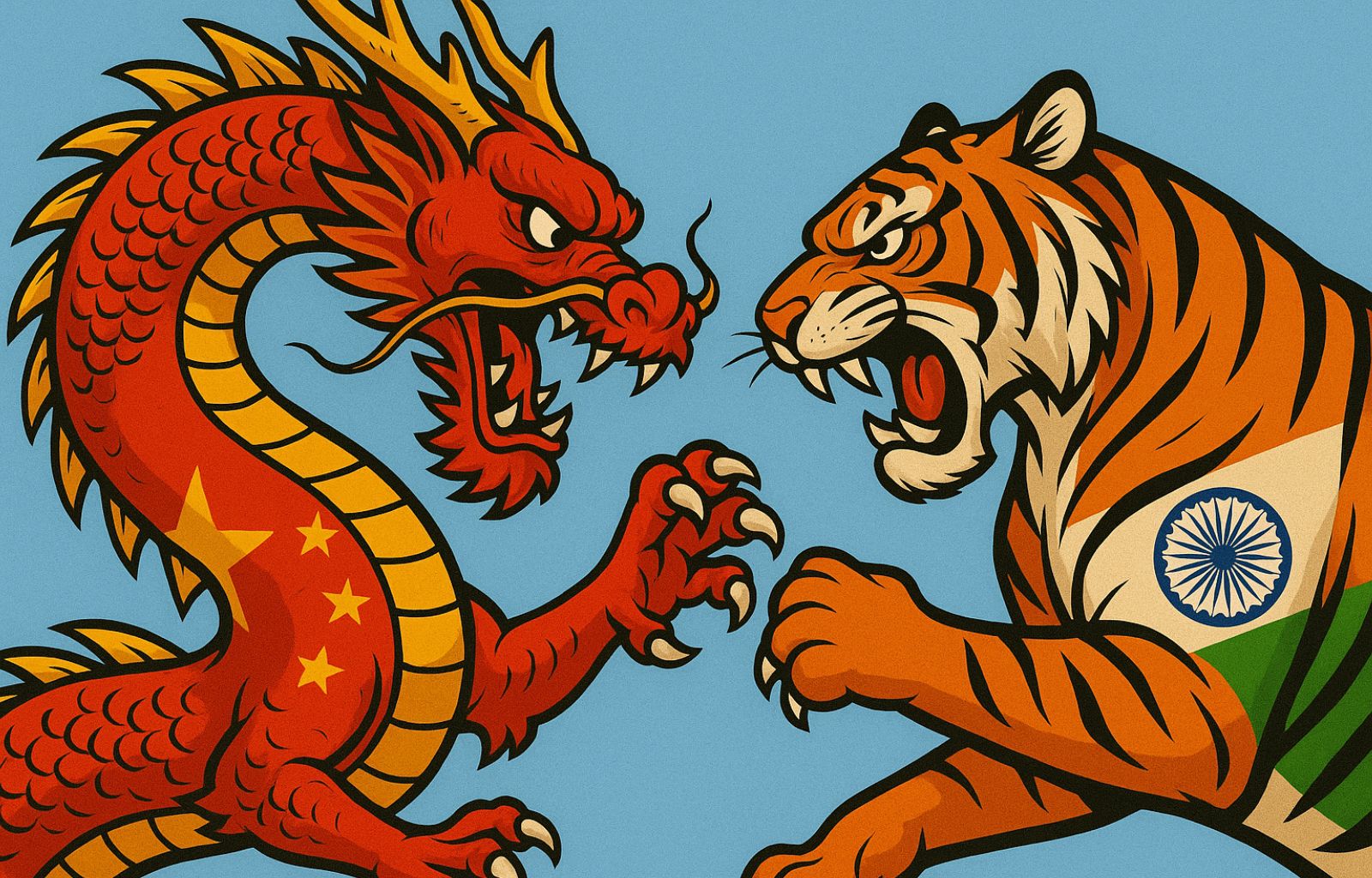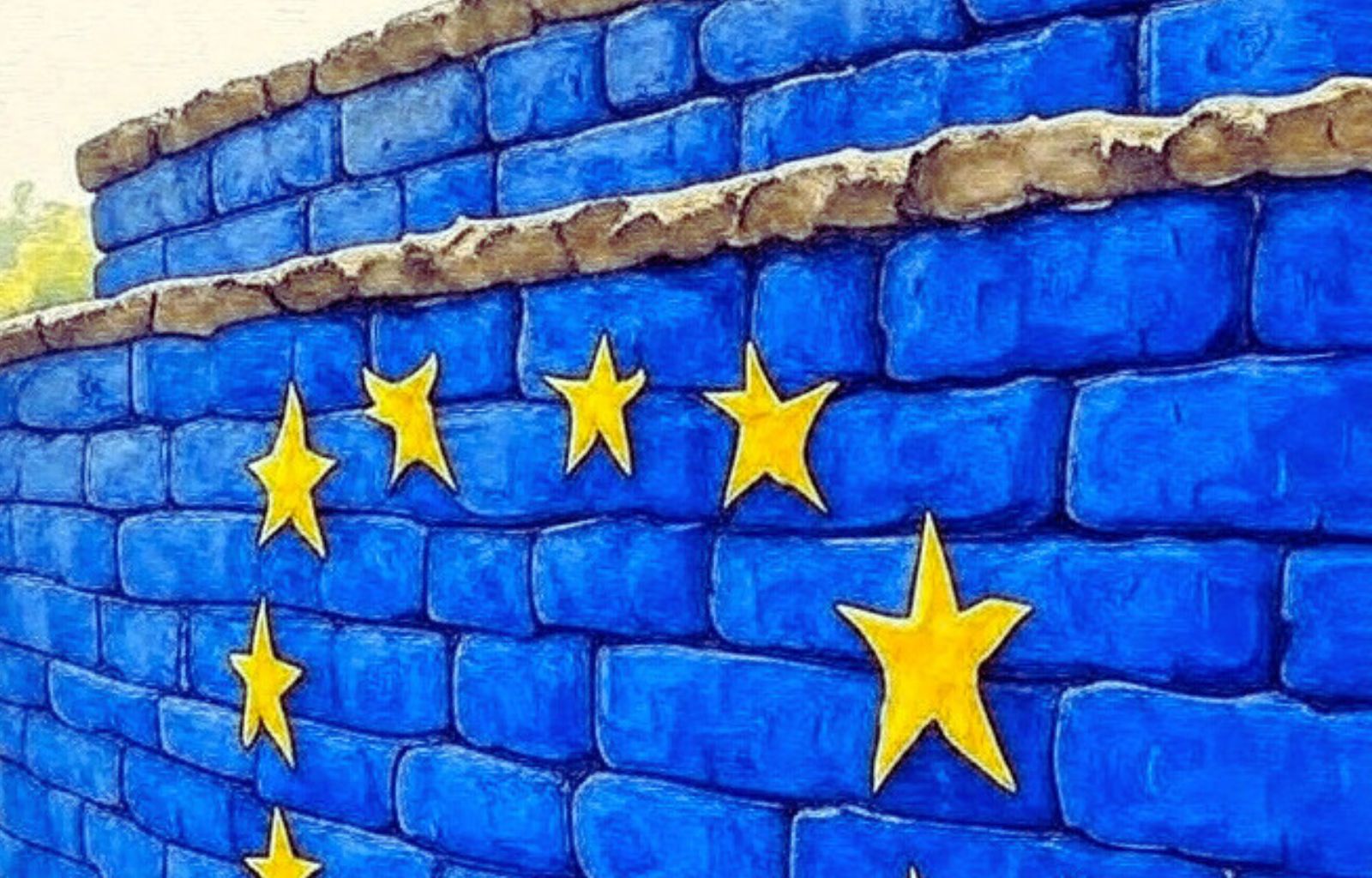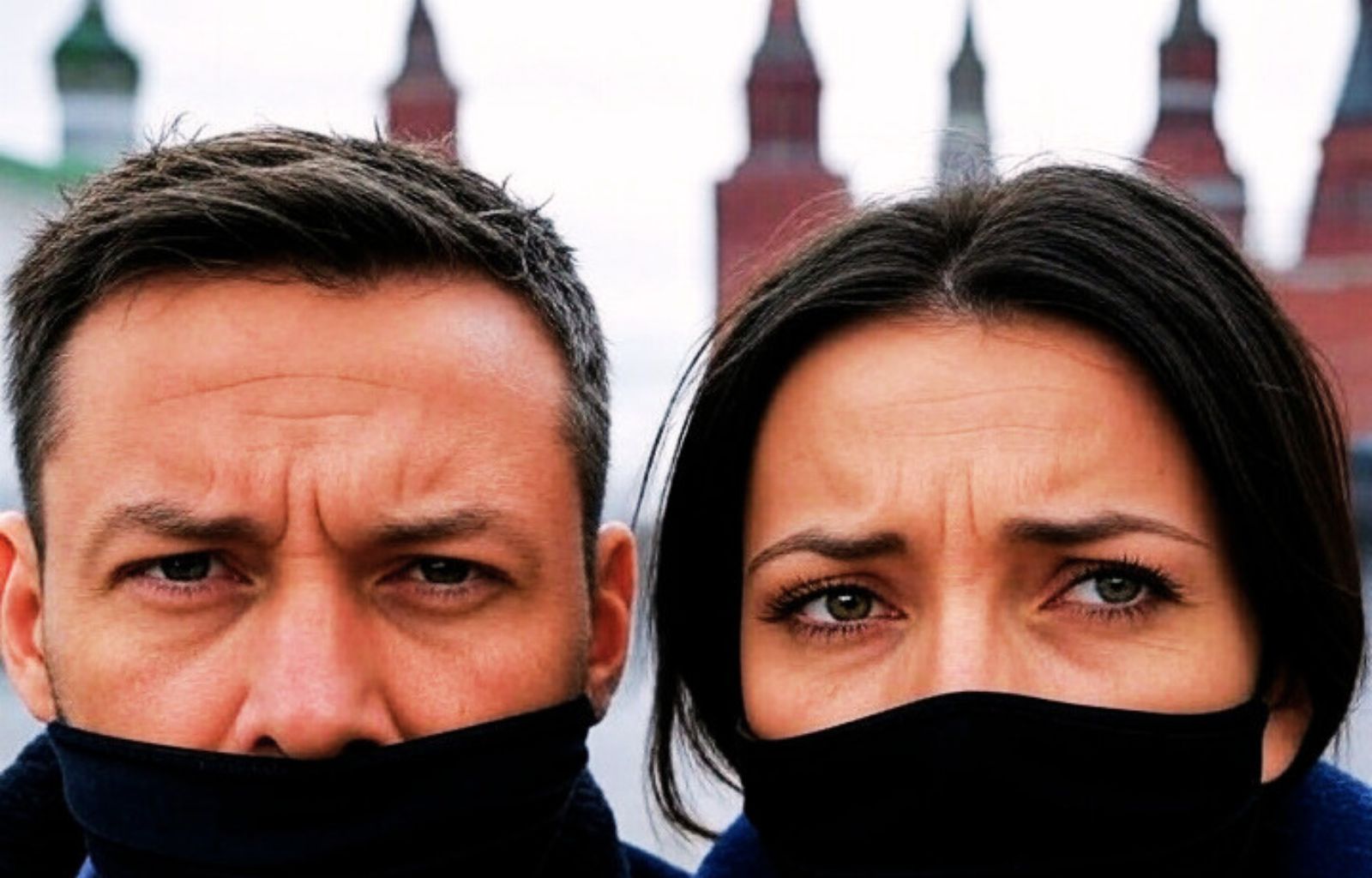North Korea and the war in Ukraine: a dangerous alliance
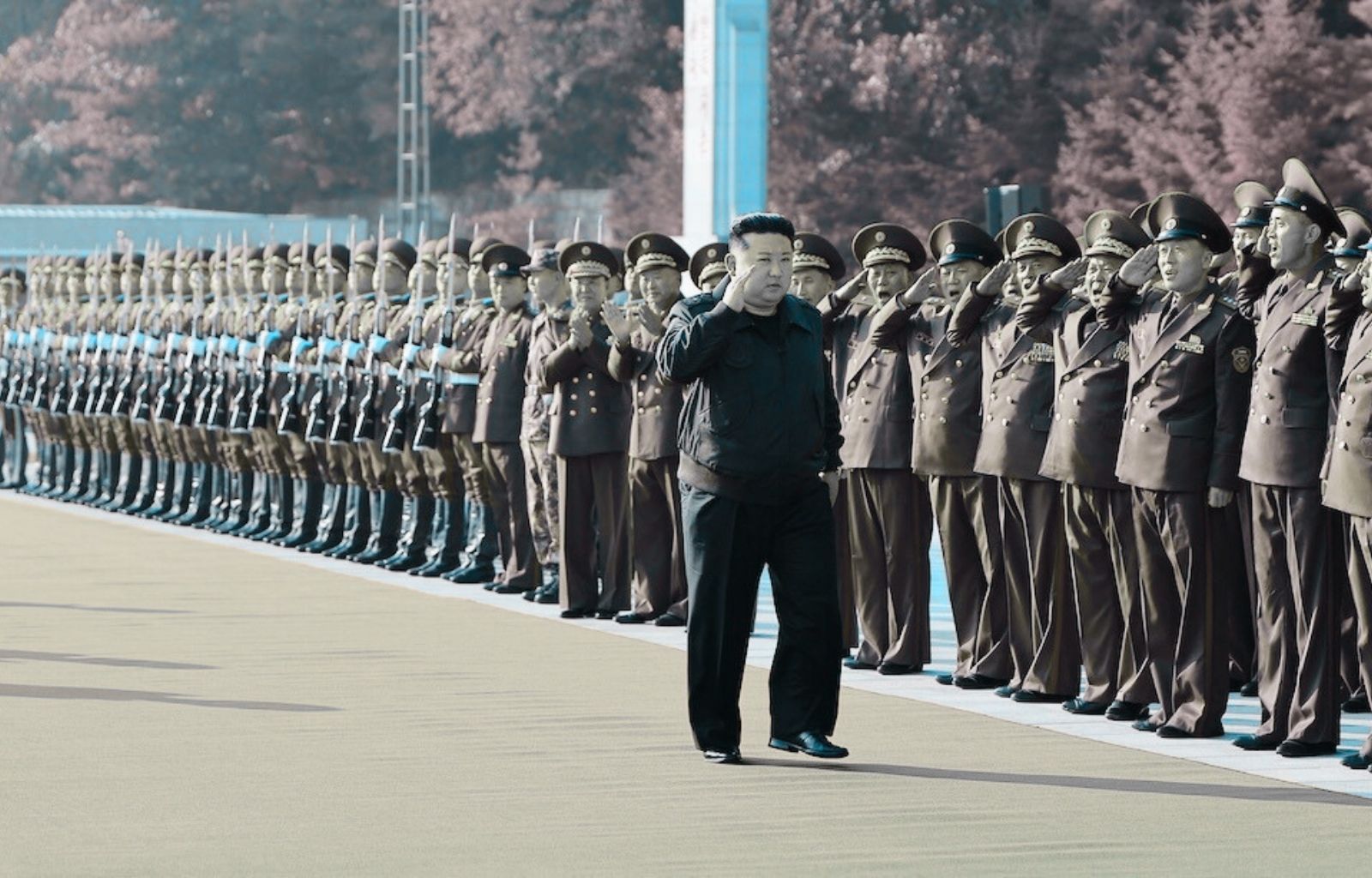
Dark times are on the horizon for North Korea. Nearly a month after the announcement – never made official, but strongly hinted at by Western sources – of the direct participation of Kim Jong-Un ‘s regime in the war in Ukraine alongside Russia, Pyongyang finds itself at the centre of a maelstrom of international criticism, official denials and media scandals that further compromise its global image.
But to fully understand the extent of North Korean involvement, it is necessary to take a step back. From the very first months of the conflict, the presence – even if only evoked – of the Pyongyang regime hovered like a spectre over the Ukrainian theatre of war. Although initially support for Moscow was limited to declarations of solidarity with President Putin, more concrete information about large-scale war supplies began to circulate as early as 2023. In particular, there was talk – according to South Korean and US sources – of more than two million artillery shells being shipped to Russia to support the troops at the front.
Obsolete ammunition and internal tensions
During this time, more and more videos emerged online of Russian soldiers openly complaining about the poor quality of the ammunition they received from the Ministry of Defence. Many of them, according to independent analyses and Western intelligence reports, came from the old North Korean arsenals and dated back to the 1980s.
This situation contributed to the deterioration of relations between the notorious Wagner group and the Russian military establishment: Prigožin’s mercenaries demanded more reliable munitions, rejecting those considered ‘waste’ from Pyongyang. There is no shortage, in this regard, of videos – now well known – of Evgenij Prigožin himself, at the time leader of Wagner (now formally integrated into the Russian armed forces), in which he denounced not only the tactical choices of the Russian command, but also the obsolete and ineffective nature of the equipment he received.
Sending troops is a failed experiment
The turning point came with the breakthrough of the Russian lines in the Kursk region. The increasing pressure exerted by the Ukrainian forces made the deployment of North Korean troops inevitable, according to various intelligence sources. There was talk of an initial contingent of about 15,000 soldiers, hastily deployed in support of the Russian forces.
However, the experiment turned out to be disastrous: serious communication difficulties, due to the lack of knowledge of the Russian language, and a total lack of operational coordination with local troops resulted in heavy casualties. The contingent was eventually withdrawn for urgent retraining, according to South Korean military sources.
In parallel, unverified videos allegedly shot by Russian soldiers in the same hospitals as the North Koreans have started to circulate online. In these clips, the Moscow military would ridicule their Asian colleagues, showing them disoriented, unable to understand orders, sometimes emotionally shaken, or intent on using VR visors – usually used for piloting drones – for unauthorised entertainment content. This is most likely propaganda material aimed at delegitimising the effectiveness of the North Korean contingent.
Military supplies: a cooperation worth billions
To date, according to an estimate by the US Department of Defence and confirmed by South Korean analyses, North Korean military exports in support of the Russian Federation would amount to some 21,000 containers of war materiel. Supplies include:
–Artillery projectiles from 122 mm to 152 mm
– KN-23 and KN-24short-range ballistic missiles
– KN-25 long-rangemultiple launch systems
– Bulsae-4anti-tank missiles
– 82 mm and 120 mmmortars
– M-1989 Koksanself-propelled howitzers
–Yucheon-100 launch systems
–Advanced technologies, including components for nuclear-powered submarines and fourth-generation fighters
The total estimated value of these exports is around USD 20.1 billion – a figure that certifies not only the intensity of cooperation between Moscow and Pyongyang, but also the dangerous geopolitical extension of the ongoing conflict.
A strategic alliance, a global risk
The growing military complicity between Russia and North Korea is a destabilising factor for both East Asia and the Euro-Atlantic scenario. Pyongyang’s systematic violation of the UN sanctions regime, Moscow’s access to alternative technologies and supplies to those of the West, and the gradual diplomatic normalisation between two isolated regimes are shaping a new authoritarian axis that openly challenges the international order.
For North Korea, this alliance is also a way to consolidate its strategic status, obtaining energy supplies and diplomatic support in return. For Russia, it is a desperate but useful option to continue supporting the war effort. For the West, it opens up a new line of friction, which will require coordinated, effective and not just symbolic responses.

